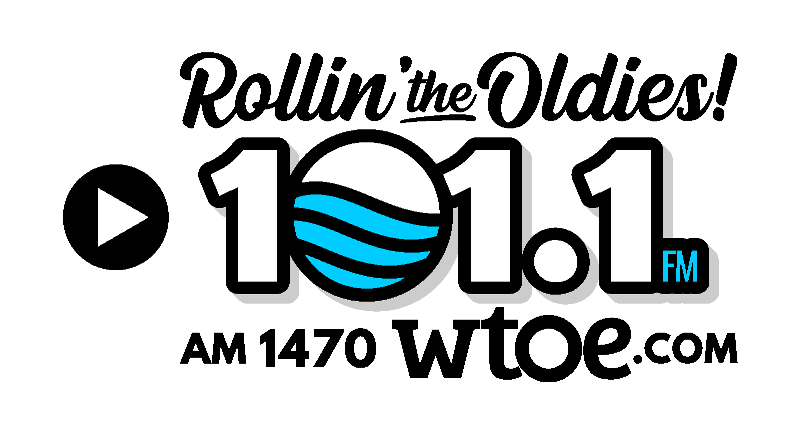
The North Carolina Building Code Council (NCBCC) has adopted an emergency rule developed by the Office of State Fire Marshall Engineering Division to streamline the construction process for temporary housing for North Carolinians displaced by Hurricane Helene. The emergency temporary housing rule.
As the Winter deepens and temperatures drop – and as FEMA lags behind its prior projection for installation of temporary housing units – many North Carolinians in the counties devastated by Hurricane Helene are without safe and warm shelter. Many of our fellow citizens, churches, and charitable organizations have come forward to provide temporary housing to these North Carolinians but strict adherence to the North Carolina State Building Code and permitting requirements required by the North Carolina General Statutes prevents or significantly delays implementation. Compounding this problem, local inspection departments are stretched thin with their many essential duties helping their counties recover from the devastating storm, making inspecting the wide variety of temporary housing available in their counties – some of which is substandard and poses real danger to their occupants – an impossible task.
Office of State Fire Marshall engineers developed a list of minimum safety requirements for temporary housing that provides private citizens and charitable organizations with clear and uniform directives to construct temporary housing that will safely shelter our fellow citizens. These minimum requirements address every aspect of constructing safe temporary housing units – from the foundations to the roof sheathing and from the allowed heating appliances to the required life safety measures like carbon monoxide and smoke alarms.
Equipped with these minimum requirements, property owners may now execute an affidavit affirming that the temporary housing structures on their property comply with the emergency rule, exempting the temporary housing structures from permit and inspection requirements, and releasing the State and local government from liability for the occupancy and use of the temporary structures. The affidavit process created by this emergency rule now empowers property owners to construct temporary shelters for themselves and their neighbors without having to comply with strict adherence to the North Carolina State Building Code and wait for overburdened local inspection departments to issue permits.




